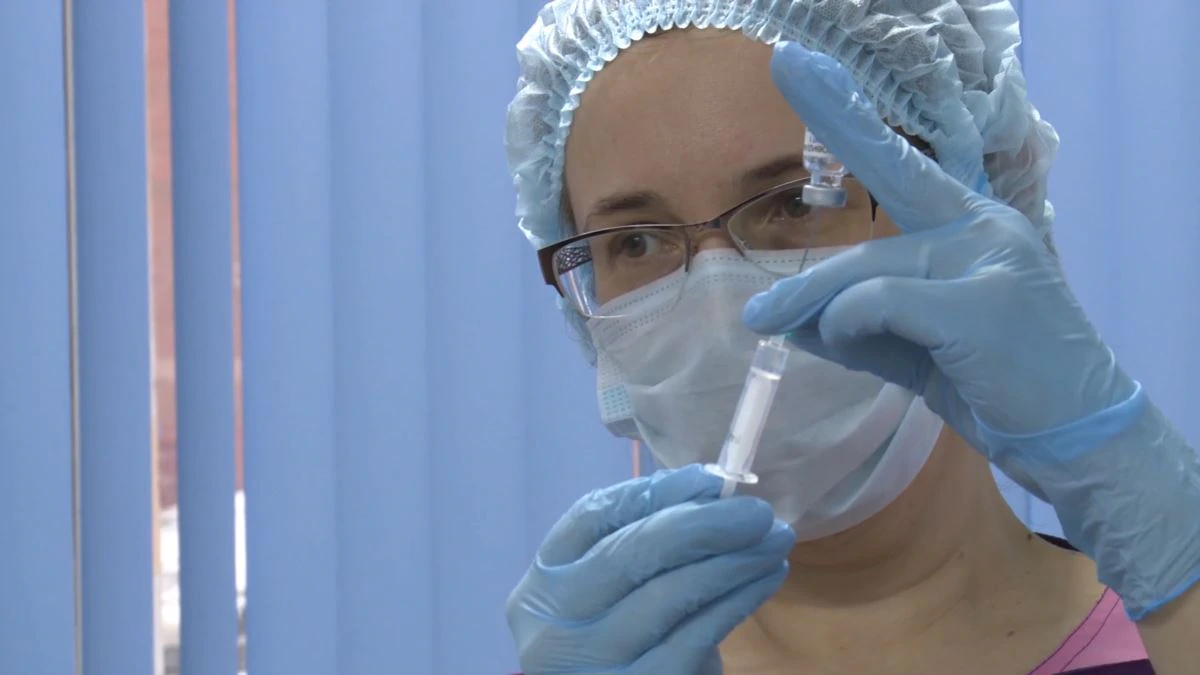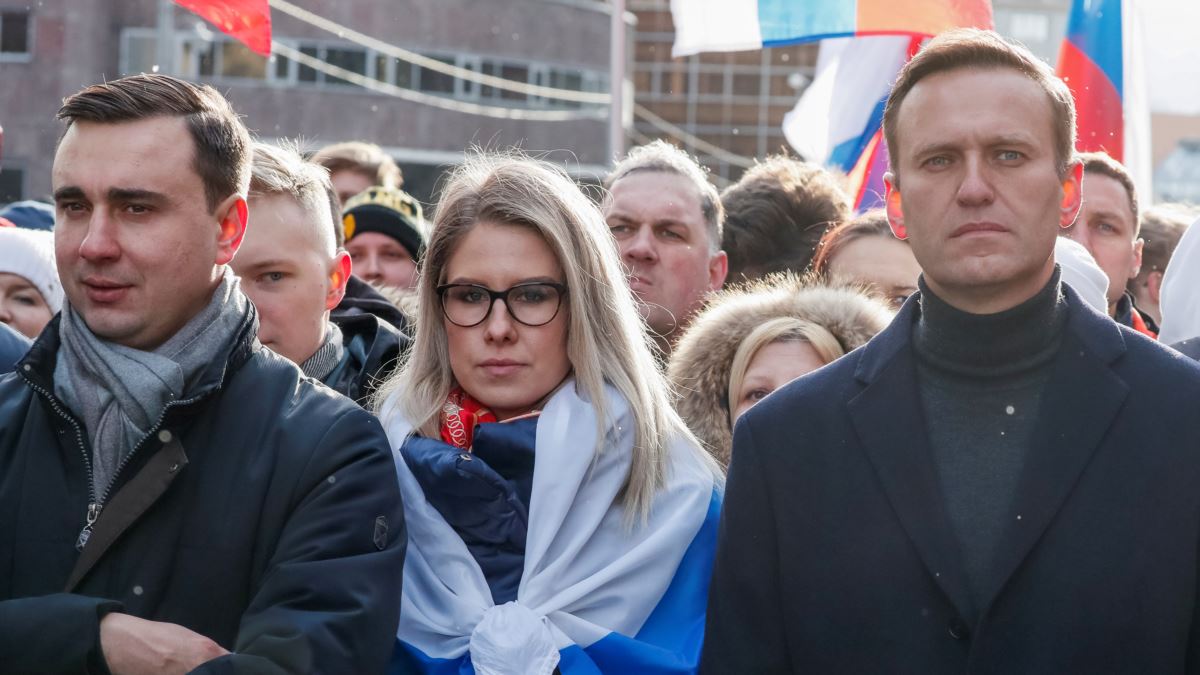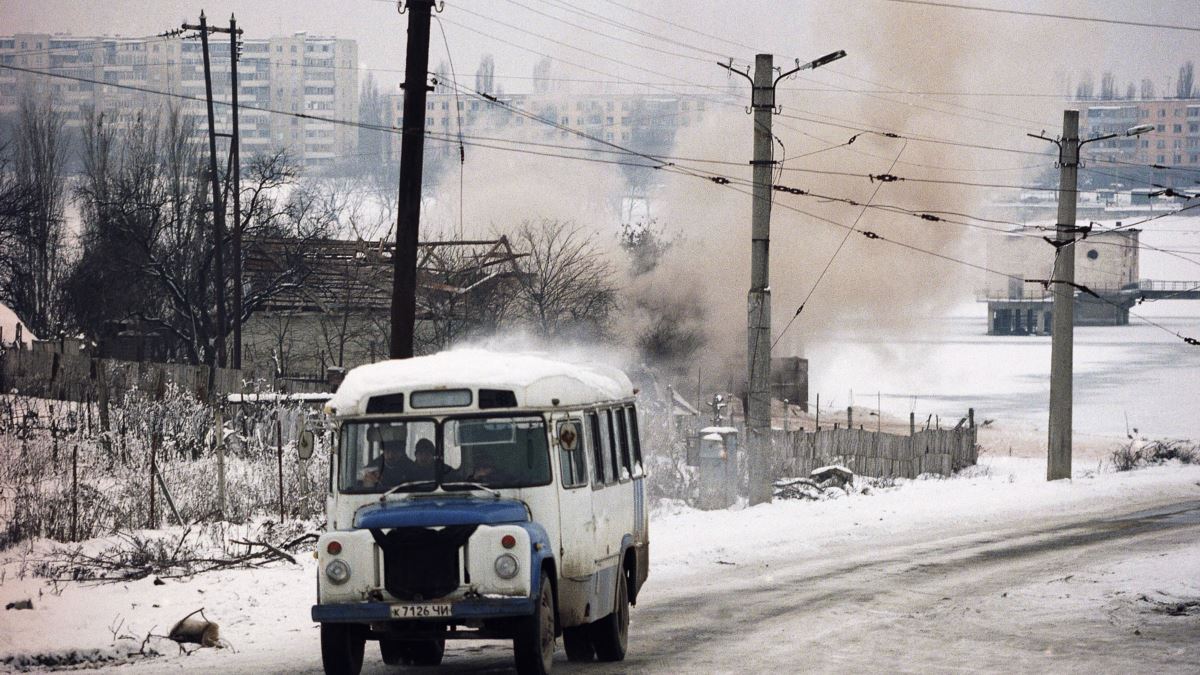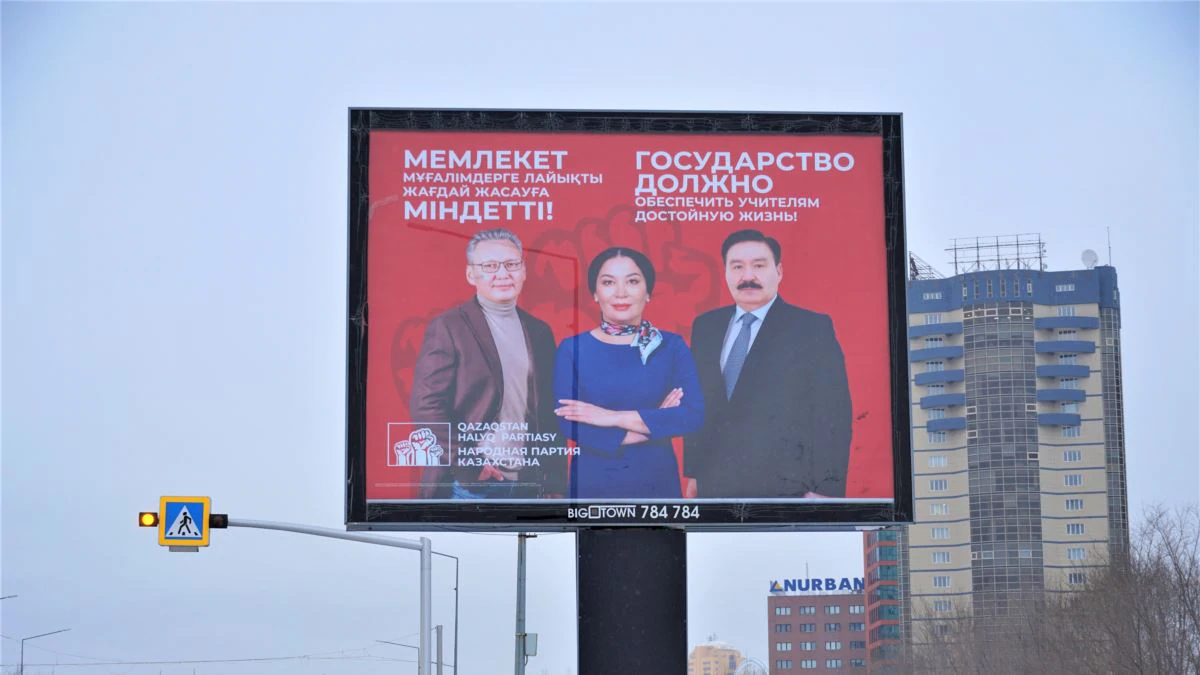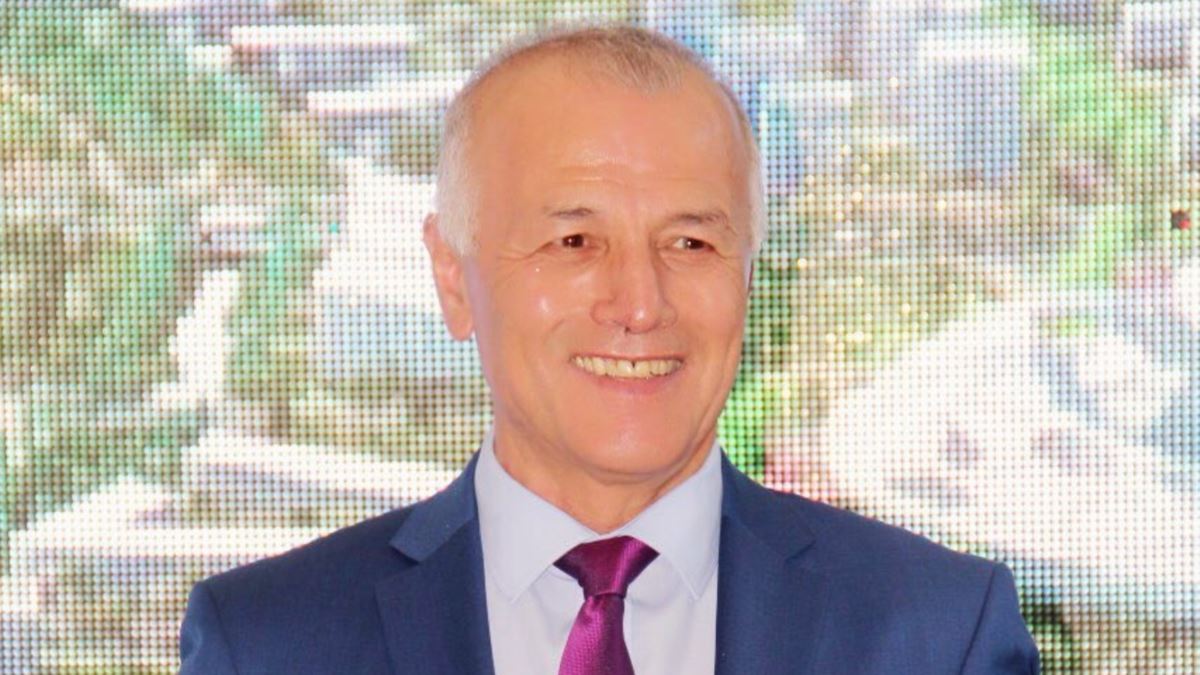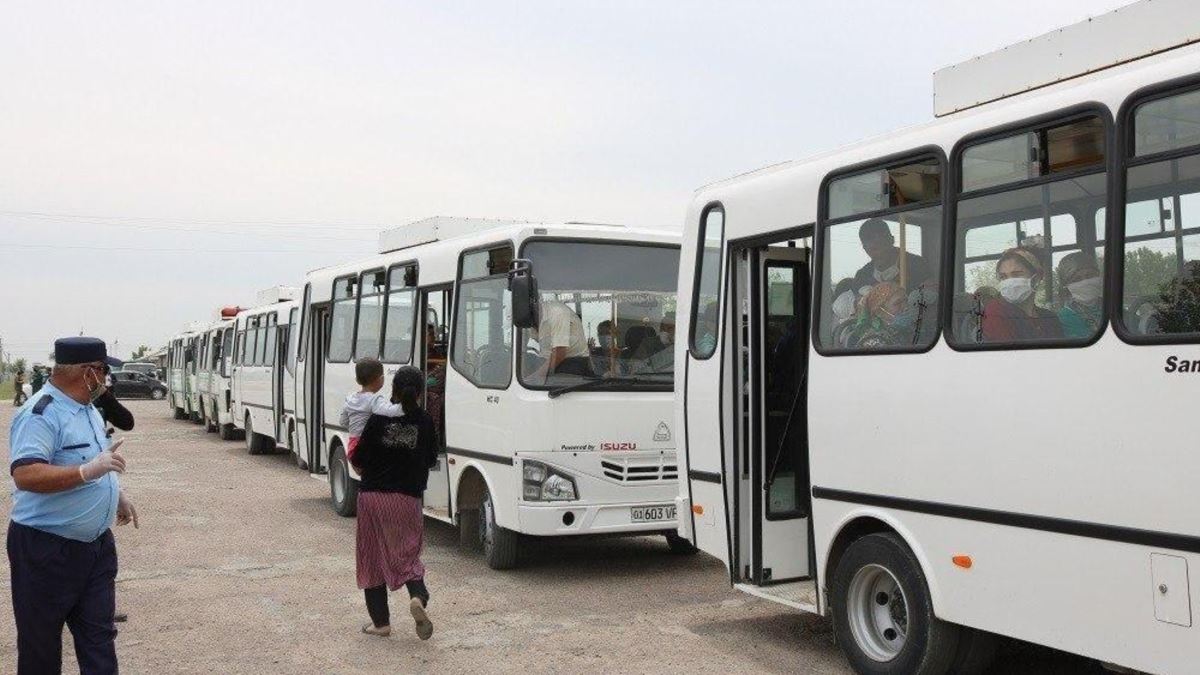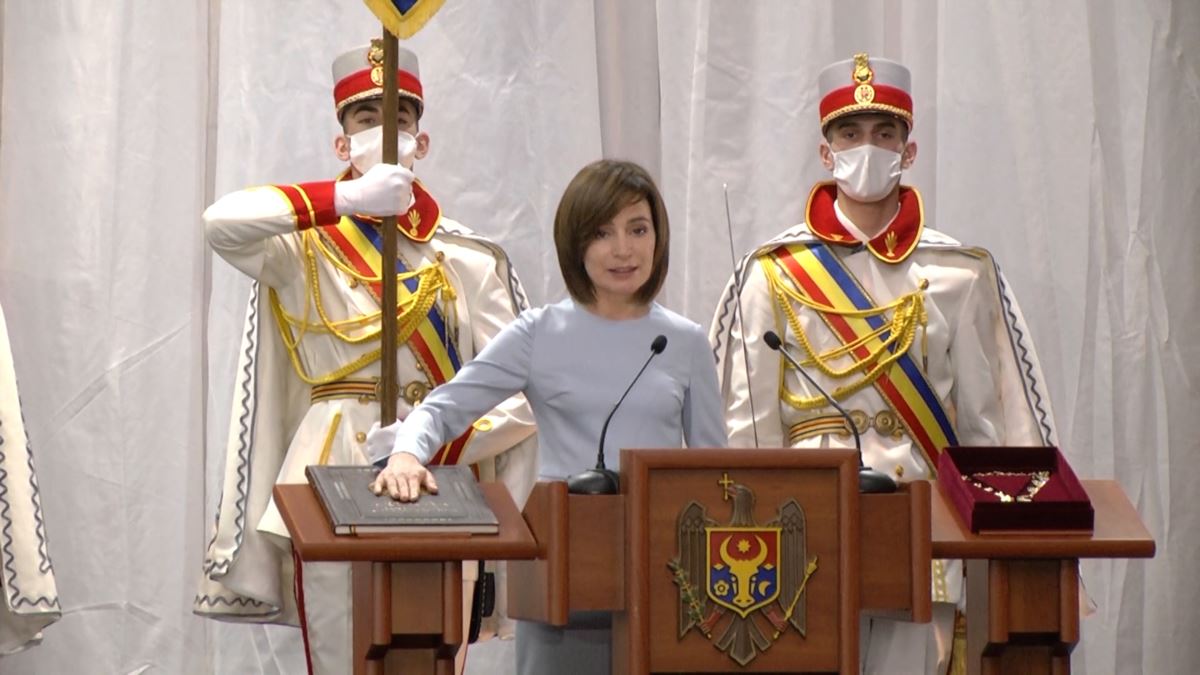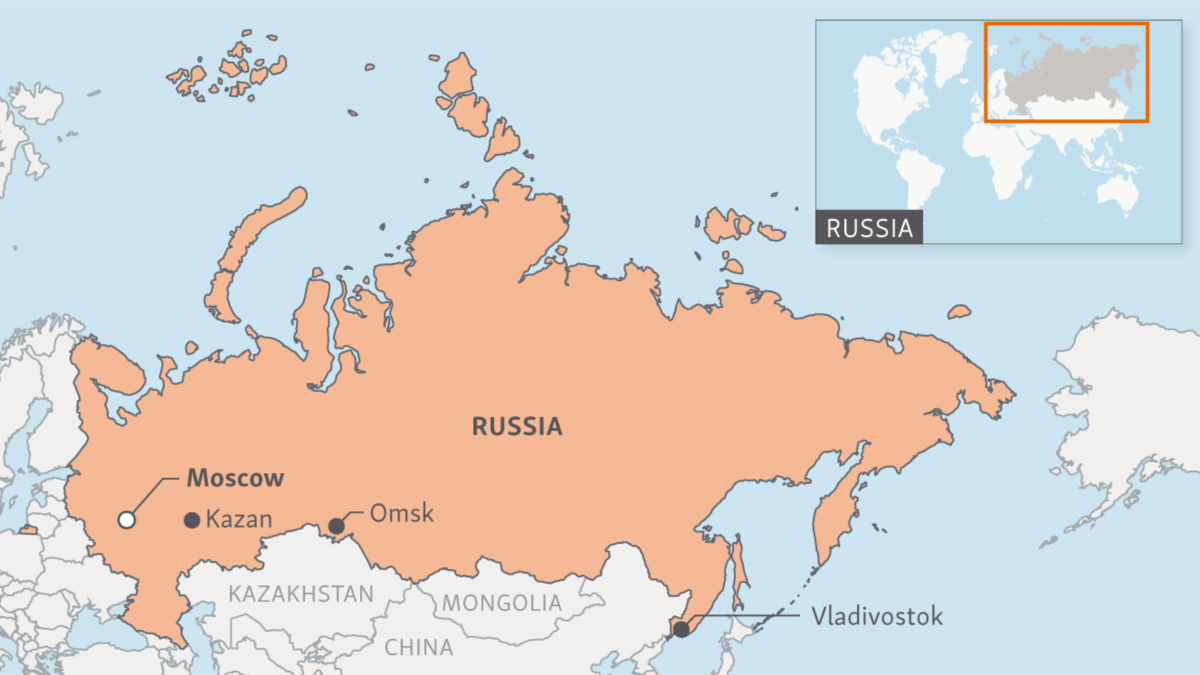Since the Islamic Revolution in 1979, Iran’s clerical establishment has used religious organizations to expand its clout abroad.
Key among them is the Al-Mustafa International University, a network of religious seminaries based in the Shi’ite holy city of Qom that has branches in some 50 countries.
The university claims to teach Shi’ite Muslim theology, Islamic science, and Iran’s national language, Persian, to tens of thousands of foreign students across Asia, Europe, Africa, and South America.
But Tehran’s adversaries say the university has been involved in espionage and recruited foreign fighters for Iran’s proxy war in Syria.
For years, experts have documented the powerful Islamic Revolutionary Guards Corps’ (IRGC) recruitment, training, and deployment of thousands of Shi’ite fighters to Syria to defend the country’s president, Bashar al-Assad, Tehran’s key ally in the brutal civil war that erupted in 2011.
‘Recruitment Platform’
The United States imposed sanctions on the massive university network on December 8, alleging that it was involved in the recruitment of Afghan and Pakistani students to fight in the Syrian conflict.
The U.S. Treasury Department said Iran’s elite Quds Force, the overseas operations arm of the IRGC, used the university’s foreign branches as a “recruitment platform” for “intelligence collection and operations,” including recruitment for pro-Iranian militias.
The Treasury Department alleged that the Quds Force used the Al-Mustafa International University as a “cover” to recruit Afghans for the blacklisted Fatemiyoun Brigade, a pro-Iranian militia that fought in Syria.
Moreover, Treasury said the Quds Force also used Al-Mustafa’s campus in Qom “as a recruitment ground” for Pakistani students to join the blacklisted Zeynabiyoun Brigade, a militia that consisted of Pakistani Shi’a.
Treasury added that “multiple students from the university have been killed fighting in Syria.”
In a statement on December 9, the university said it promoted “peace, friendship, and brotherhood among nations” and slammed the U.S. decision as “hegemonic.”
‘High-Value Individuals’
Ali Alfoneh, a senior fellow at the Arab Gulf States Institute in Washington who has closely monitored IRGC activity in Syria, said that, according to his database from January 2012 to December 2020, 3,059 Iranian and allied foreign fighters were killed in combat in Syria.
Alfoneh says of those, only three were students or graduates of the Al-Mustafa International University — known as Jamiat al-Mostafa University in Iran.
“This indicates that Jamiat al-Mostafa has never served as the primary recruitment ground for the IRGC’s war effort in Syria,” he says.
The IRGC recruited thousands of Afghan migrants and refugees within its own borders and covertly drafted hundreds of Shi’a inside Afghanistan. The same strategy was used to recruit Pakistanis.
Alfoneh says the “three individuals identified appear to have been in command, intelligence, or political-ideological indoctrination positions.”
That means, he said, that the IRGC perceived the graduates or students of the Al-Mustafa International University as “high-value individuals.”
Regular fighters in the poorly trained forces of the Fatemiyoun and Zeynabiyoun brigades were often used as the first line of attack.
Alfoneh says the IRGC considered the Afghan fighters “cannon fodder,” considering the seemingly minor investment made to train them and the exposure they faced on the battlefield.
The total number of Fatemiyoun members who fought in Syria is unclear. Experts estimate the number was between 5,000 to 20,000, although Alfoneh says the figure is likely closer to the lower figure cited.
Iranian authorities said the fighters travelled to Syria voluntarily to defend Shi’ite holy sites. Human rights groups said Afghan migrants and refugees in Iran were offered financial rewards and Iranian residency permits to join the fight in Syria.
The United Nations High Commissioner for Refugees (UNHCR) estimates there to be some 3.5 million documented and undocumented Afghan refugees and migrants living in Iran. Tehran has expelled many Afghans and periodically threatens those who remain with mass expulsion.
Afghan Commander
Among the three Al-Mustafa students or graduates killed in Syria was Seyyed Hashmat-Ali Shah, a Pakistani national and graduate of Al-Mustafa. He was a member of the Zeynabiyoun Brigade and was killed in combat in Syria in September 2016.
Another Pakistani national was Mohammad-Hossein Momeni, also known as Mohammad Hosseini, a student at Al-Mustafa who was killed in Syria in April 2017.
A funeral is held in the Iranian city of Mashhad for four Afghan refugees who were killed in action in Syria. (file photo)
The most prominent graduate of the university was Alireza Tivasolii, the Afghan commander of the Fatemiyoun Brigade.
Also known as Abu Hamed, he was killed in 2015 during clashes with the Al-Qaeda-linked Al-Nusra Front in the southern Syrian province of Daraa.
Tivasolii moved with his family to Iran during the Soviet occupation of Afghanistan. Soon after, he volunteered for the Abouzar Brigade, an Afghan militia that had fought on Iran’s side in the war against Iraq.
After the war ended in 1988, Tivasolii enrolled and then graduated from the Al-Mustafa International University in Qom.
In the 1990s, he returned briefly to his native Afghanistan to fight the Taliban, which had seized large swaths of the country after the Soviet withdrawal and a devastating civil war.
Tivasolii also fought alongside the Iranian-backed Hizballah movement in Lebanon during the war with Israel in 2006.
In 2015, a large funeral was held for Tivasolii in his adopted city of Mashhad, in northwestern Iran. Iranian state media reported that Tivasolii was trusted by the former powerful commander of the Quds Force, Qasem Soleimani, who was killed in a U.S. air strike in January 2020.
Former Quds Force Commander Qasem Soleimani (left) with Afghan Alireza Tivasolii, commander of the Fatemiyoun Brigade, who was killed fighting in Syria: (undated)
The hard-line Rajanews.ir posted a photo of Soleimani and Tivasolii in military uniform.
With the Syrian war ebbing, most fighters in the Fatemiyoun and Zeynabiyoun brigades have returned to Iran or their homelands.
Iranian Foreign Minister Mohammad Javad Zarif told Afghanistan’s Tolo News in an interview on December 21 that less than 2,000 Fatemiyoun fighters still remain in Syria.
Afghan Branch
It is unclear how U.S. sanctions will affect Al-Mustafa’s international activities.
One of Al-Mustafa’s largest foreign branches is in neighboring Afghanistan, where the majority of Muslims are Sunni, but around 15 percent of its population — mainly Hazaras — are Shi’a with religious links to the Shi’ite-majority in Iran.
Iran shares deep historical, cultural, and linguistic ties with Afghanistan, and it has expanded its sway in the country through the funding of seminaries, media outlets, cultural centers, and infrastructure projects.
Members of the Fatemiyoun Brigade attend the funeral in Tehran for Major General Qasem Soleimani, Iran’s top military commander. (file photo)
Hundreds of students are enrolled at the local branch of the university — locally known as Jamiat ul-Mustafa — in the capital, Kabul.
Afghanistan’s Higher Education Ministry told RFE/RL’s Radio Free Afghanistan that the Iranian university has “conducted its activities in accordance with the rules and regulations” of the ministry.
But spokesman Hamid Obaidi said the ministry would soon “make a decision” about the university’s future in Afghanistan considering U.S. sanctions against Al-Mustafa.
Exporting Shi’ism
Observers say Al-Mustafa has become Iran’s chief tool for promoting Shi’ism abroad.
The university received around $80 million in the 2020-2021 Iranian budget, serving to highlight its importance.
Al-Mustafa is believed to receive additional funding from the office of Iranian Supreme Leader Ayatollah Ali Khamenei and businesses under his control.
Mehdi Khalaji, a senior fellow at the Washington Institute for Near East Policy who studied Shi’ite theology in Qom, said the Al-Mustafa International University is owned and run by Khamenei.
Khalaji said Al-Mustafa “specializes in educating non-Iranian clerics.”
Observers say Al-Mustafa spreads anti-Western and anti-Semitic propaganda, and its activities are seen to be tied to Tehran’s longstanding effort to export the Islamic Revolution.
The university’s activities in Europe came under scrutiny in 2016 when an Iranian national in Kosovo was charged with financing terrorism.
Hasan Azari Bejandi was the head of the Qur’an Foundation of Kosova, an umbrella group for five Shi’ite organizations operating in Kosovo. The umbrella group appeared to be affiliated with the Al-Mustafa National University, which claimed that Bejandi was its representative in Kosovo.
Saeed Ghasseminejad and Alireza Nader at the Washington-based Foundation for Defense of Democracies (FDD) wrote that three religious organizations — the Islamic Development Organization, Al-Mustafa International University, and the Islamic Propaganda Office of Qom Seminary — play a “central role in projecting [Iran’s] influence abroad.”
They said that the three organizations were focused on “training Shi’ite clerics, sending missionaries across the globe, and disseminating Shi’ite propaganda” with the goal of creating a “network of native missionaries in each country who are loyal to Tehran.”
Iranian journalist and writer Akbar Ganji said that Al-Mustafa “harbors a huge army of potential sympathizers of ayatollahs who could spread their ideology around the globe.”
This post was originally published on Radio Free.
